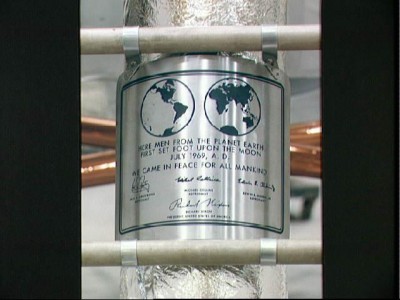“In the Year of Our Lord”
On New Year’s Day, a friend sent this greeting: “Happy New Year of Our Lord, 2016.” I responded that I liked that greeting and that I didn’t believe I had ever seen it written that way before. Our friend replied that he refuses ” to give up AD to the forces of PC” and said, “I often use the designation on checks and other documents.”
I like that simple way of saying, “I belong to Jesus.” My one year of Latin in high school didn’t stick. Maybe your year(s) didn’t either, so I’ll include this little reminder of what AD means. It is shorthand for the Latin phrase Anno Domini, which is translated “in the year of our Lord.” The designation of BC, meaning “before Christ,” is easier to decipher.
As you might imagine, as a history writer, I do a great deal of research. I am always heartened when I find a scholarly source that still uses the designations BC and AD, instead of the politically correct BCE (before the common era) and CE (common era).
Studying and writing about history teaches me how things change and how they remain the same. Sometimes I find history that I would like to repeat and sometimes I find things I want to avoid at all costs. Acknowledging our Lord Jesus Christ is one thing governments and individuals once did as a matter of course. That is something worth emulating.
The Treaty of Paris signed by the United States and Great Britain after the American Revolution began with these words:
In the Name of the most Holy & undivided Trinity.
It having pleased the Divine Providence to dispose the Hearts of the most Serene and most Potent Prince George the Third, by the Grace of God . . .
The American Articles of Confederation ended with these words:
Done at Philadelphia, in the State of Pennsylvania, the ninth Day of July, in the Year of our Lord one Thousand seven Hundred and Seventy eight, and in the third year of the Independence of America.
Even in 1969 when American astronauts became the first people to land on the moon, they carried this plaque to leave there.

It reads:
“Here men from the planet Earth first set foot upon the Moon. July 1969 A.D. We came in peace for all mankind.”
And, by the way, the astronauts also left medals honoring American and Soviet spacemen who lost their lives in earlier space tests and a small recording carrying messages of good will from seventy-three nations on earth.
I worked on lessons about World Wars I and II and the Cold War last week. It’s good to hear about seventy-three nations having messages of good will and of astronauts who went to the moon in peace in 1969 A.D. It reminds me of what the shepherds heard the multitude of the heavenly host singing:
Glory to God in the highest,
and on earth peace, good will toward men.
Luke 2:14
Early in the book of Acts, Jewish leaders arrested the apostles Peter and John. They told them “not to speak or teach at all in the name of Jesus.”
But Peter and John answered and said to them,
“Whether it is right in the sight of God
to give heed to you rather than to God,
you be the judge;
for we cannot stop speaking
about what we have seen and heard.”
Acts 4:19-20
Let’s resist the people who demand political correctness and follow the example of Peter and John and let’s teach our children to do the same.


Beautiful post to open the new school semester! Thank you, Charlene.
Thank you so much, Betsy.